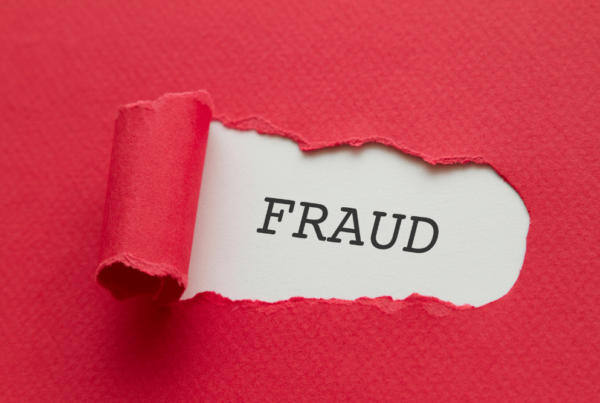NOTE: The following article features new content to account for the First Step Act (P.L. 115- 391) and subsequent modifications to U.S. federal law. After December 21, 2018, this Act the First Step Act broadened sentencing credits for certain offenders, enabling a path to early release for good behavior.
Obstruction of justice is a felony under U.S. federal law. While obstruction of justice is often charged under a state law, the matter becomes a federal charge if it involves a federal court proceeding or the federal government.
The federal statutes criminalizing obstruction of justice are found in Title 18, United States Code, Chapter 73. Overall federal law features a litany of separate and distinct provisions for obstruction of justice.
Federal Obstruction of Justice Statutes
The federal statutes that prohibit obstruction of justice include:
- Obstructing or assaulting a process server (18 USC 1501)
- Obstructing an extradition agent (18 USC 1502)
- Influencing a juror in writing (18 USC 1504)
- Theft or alteration of a record or process (18 USC 1506)
- Demonstrating outside the residence of a judge, juror, or other officer of the court (18 USC 1507)
- Listening in on federal grand jury proceedings (18 USC 1508)
- Obstructing the execution of a court order (18 USC 1509)
- Notifying a person about a forthcoming subpoena (18 USC 1510)
- Obstructing for the purpose of illegal gambling (18 USC 1511)
- Witness tampering (18 USC 1512)
- Retaliating against a witness (18 USC 1513)
Defining the Most Common Charge: 18 USC 1503
18 USC 1503 is the most common obstruction charge. The statute has two prongs-, one concerning obstruction by attempting to influence jurors or officers in a judicial proceeding; and another that concerns obstruction of the “due administration of justice.”
The first prong applies only to conduct directed at jurors or officers in a judicial proceeding. The term “jurors” can include potential jurors in any case; and the term “officers” can include federal judges.
It is illegal to “corruptly, or by threats or force, or by any threatening letter or communication, [attempt] to influence, intimidate, or impede” any juror or officer in connection with their duties in a federal case.
The second prong, by comparison, is not restricted to ‘official duties in a federal case.’ This prong of the obstruction of justice statute applies to any conduct that affects the “due administration of justice.” As such, this type of obstruction is very broad. The statute prohibits any activity that “corruptly or by threats or force, or by any threatening letter or communication, influences, obstructs, or impedes, or endeavors to influence, obstruct, or impede, the due administration of justice.”
It seems like there could be an unlimited number of scenarios that could constitute obstruction of the due administration of justice, such as falsifying or destroying records, providing false information, etc.
If a person obstructs justice by influencing or attempting to influence a juror in a criminal case by force or threat of physical force, they face additional penalties. In these circumstances, the sentence for obstruction must be the maximum that could be imposed for the most serious pending criminal charge that is on trial.
A violation 18 USC 1503 is a felony offense for which the sentence can include imprisonment for 10 years. Though non-violent offenders can earn credits for good behavior while serving their sentence. The First Step Act increased the annual amount of credits to 54 days, allowing certain inmates to shave time off of their sentence.
Other Penalties for Obstructing Justice
A parallel provision concerning the “due administration of justice” is 18 USC 1505. This statute does not apply to judicial proceedings; Rather, this statute governs any proceeding before an administrative agency, department, or committee of the United States, including Congress. It applies to investigative demands from federal departments, including subpoenas, and inquiries by the House of Representatives, but not civil or criminal trials in the US District Courts.
The potential penalty for this offense is generally a maximum of five years in federal prison. But the sentence increases to eight years, if the facts of the case relate to terrorism. And if the offense involved terrorism, the offender usually cannot earn sentencing credits for good behavior.







Recent Comments